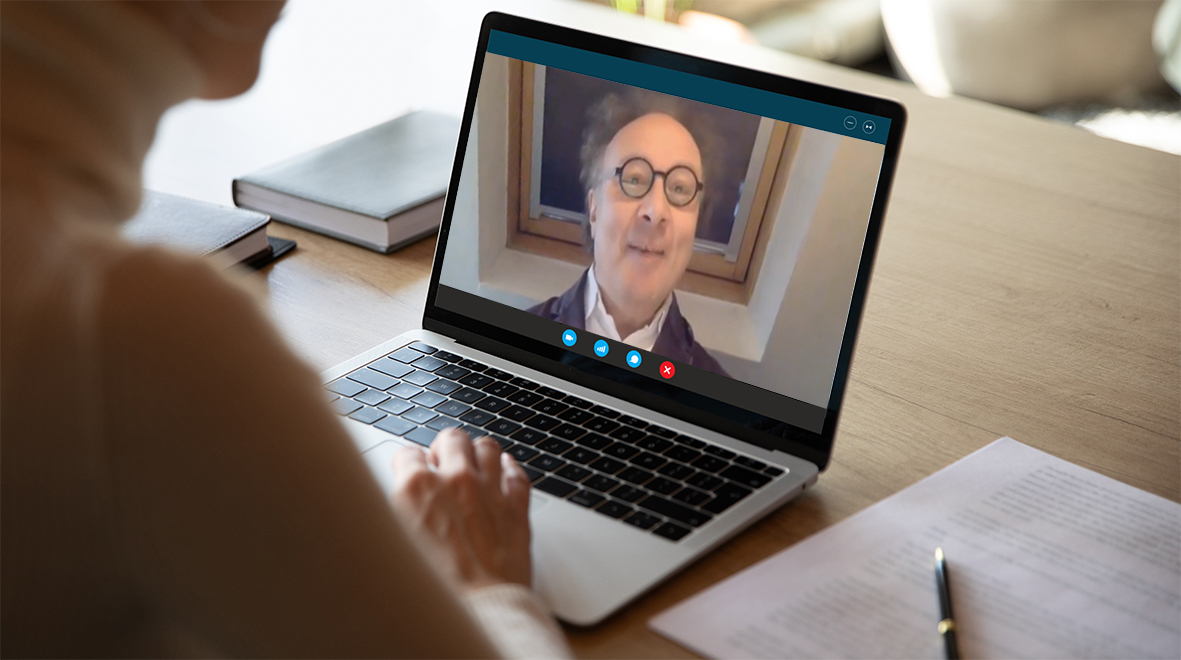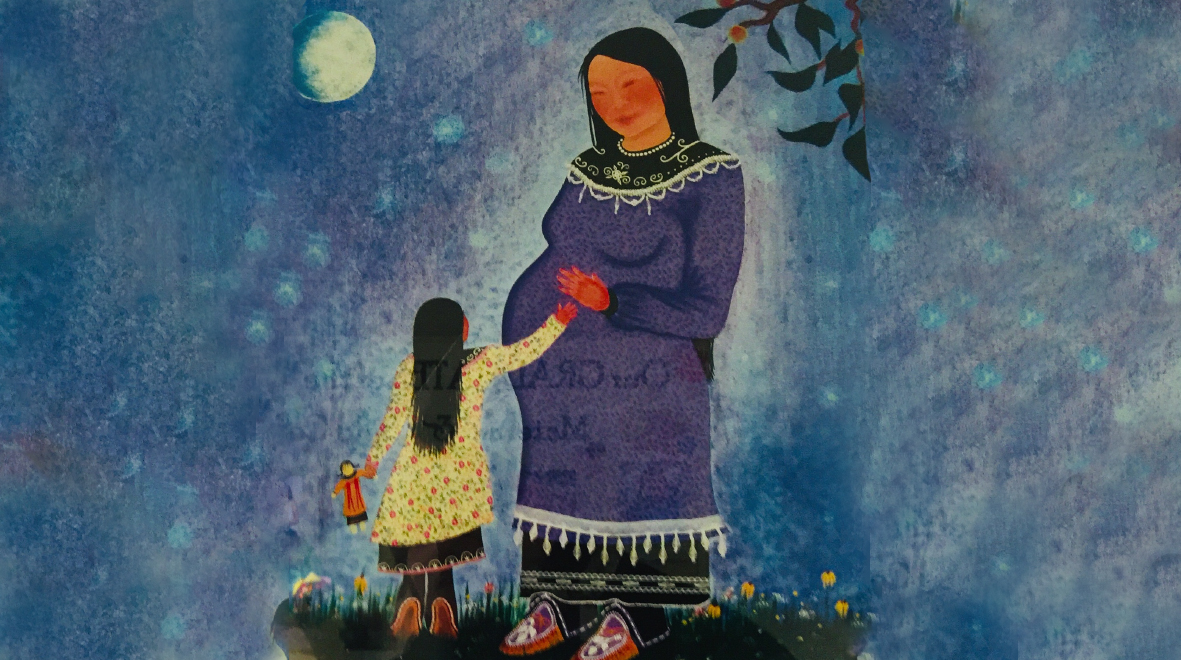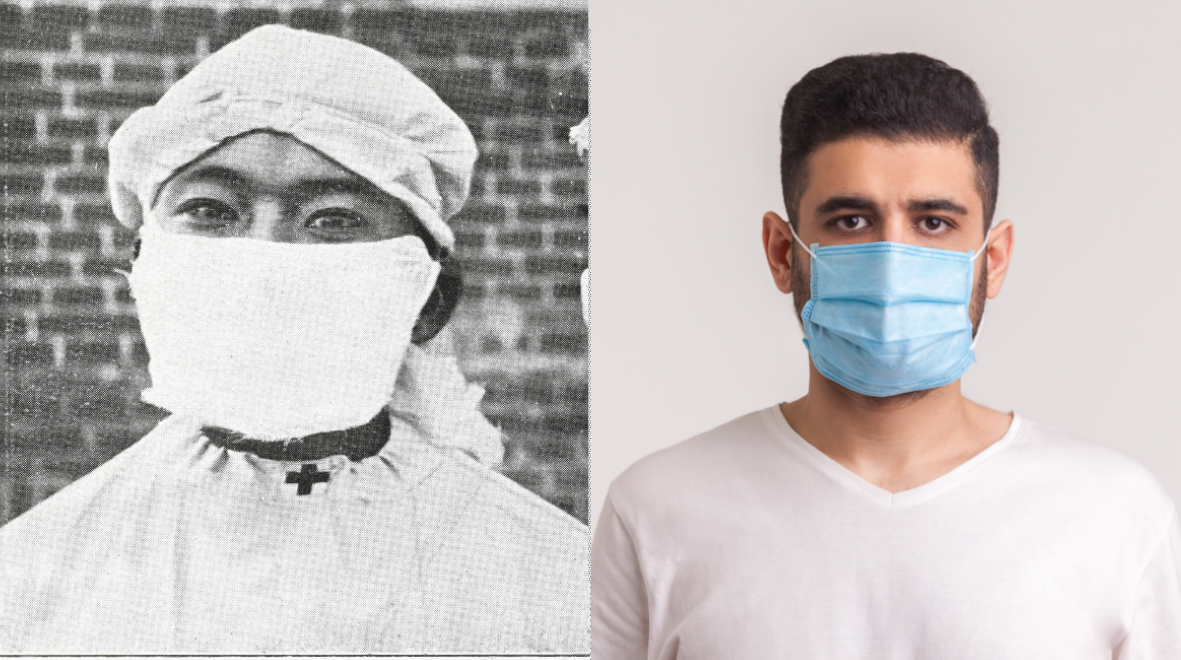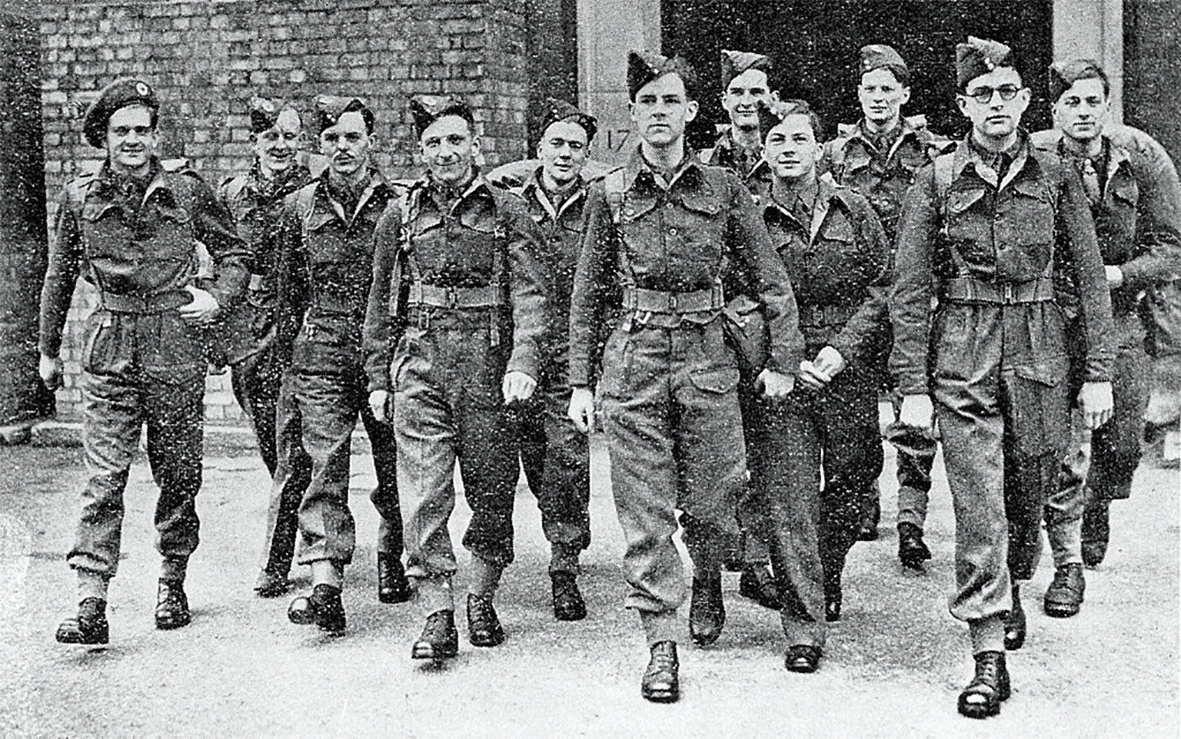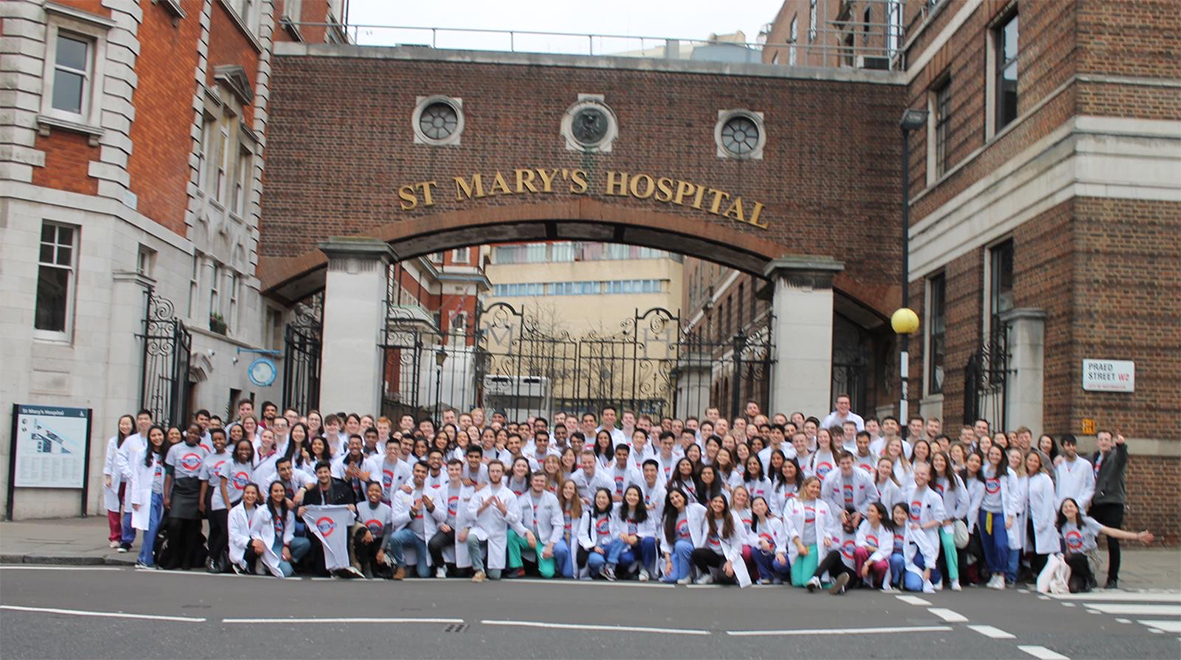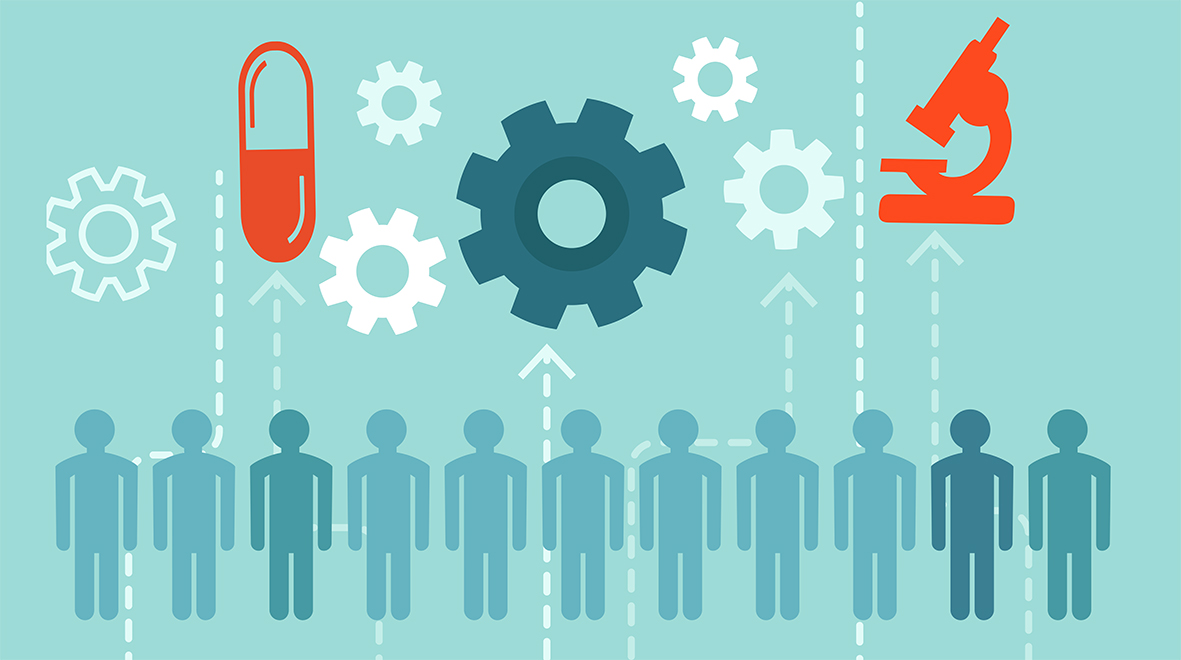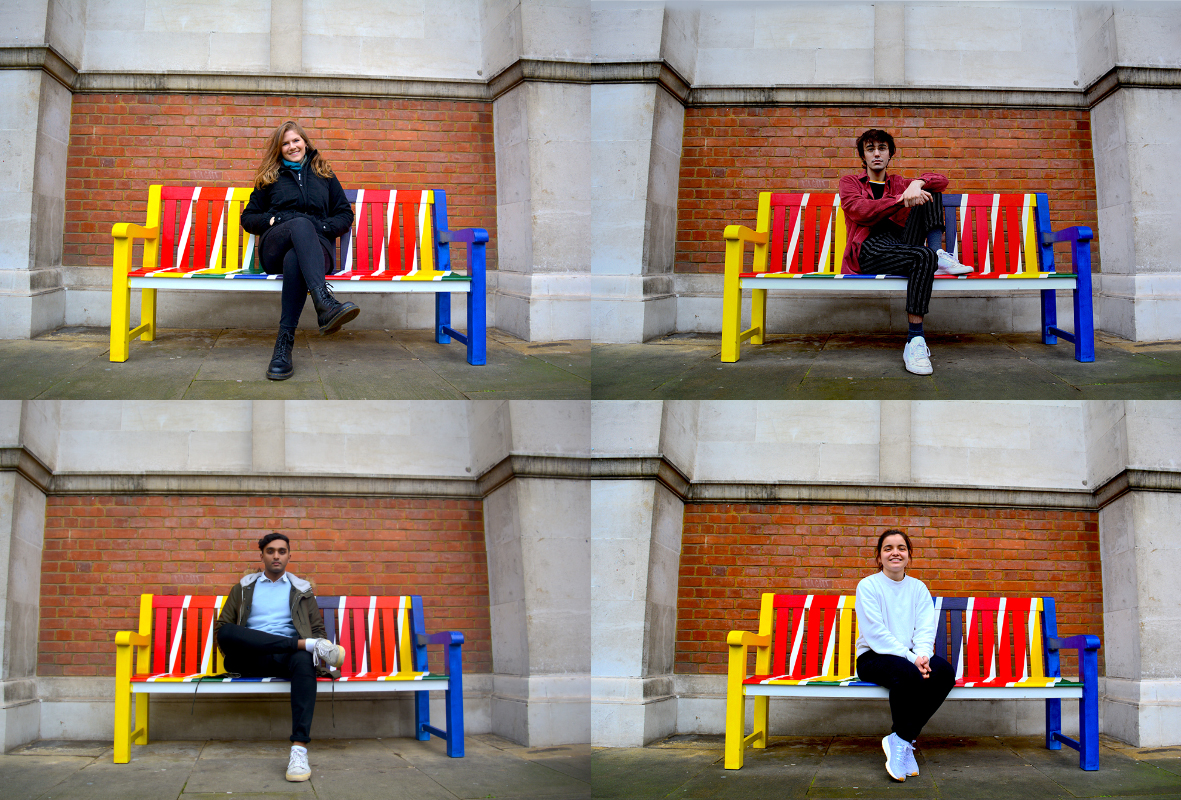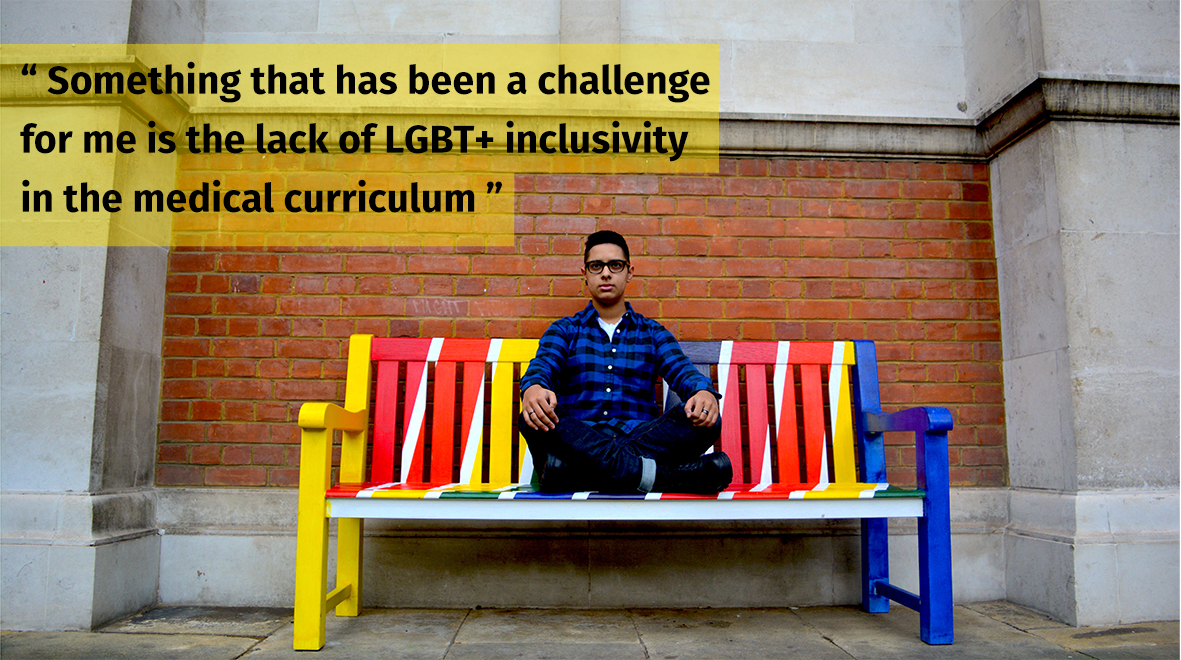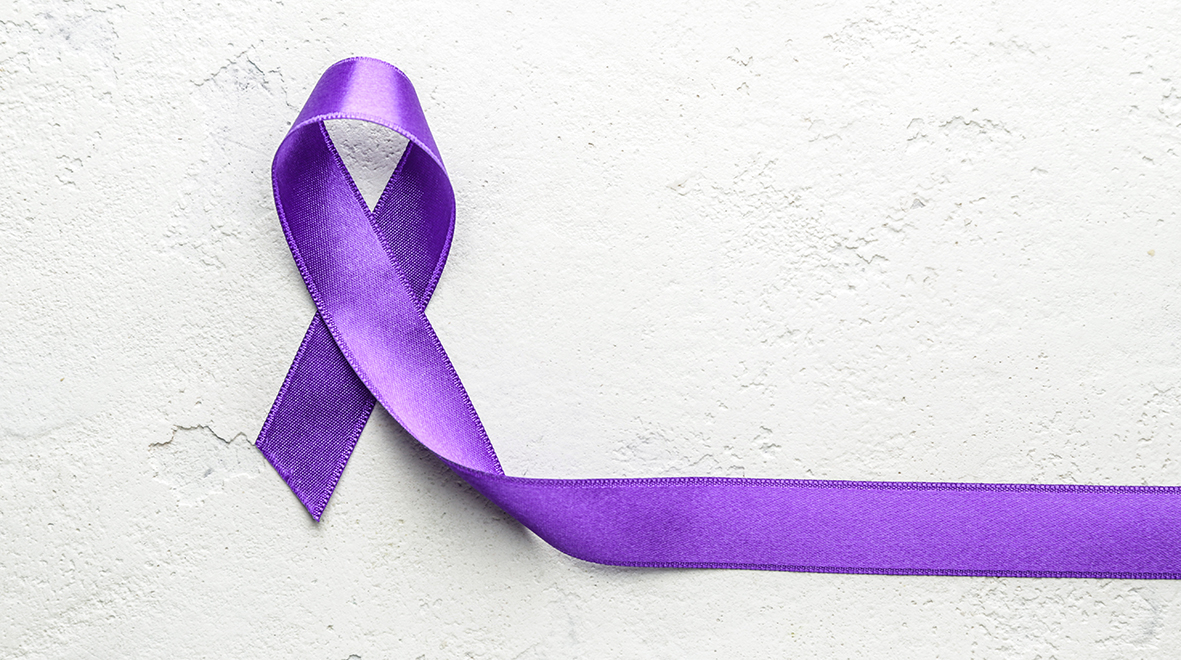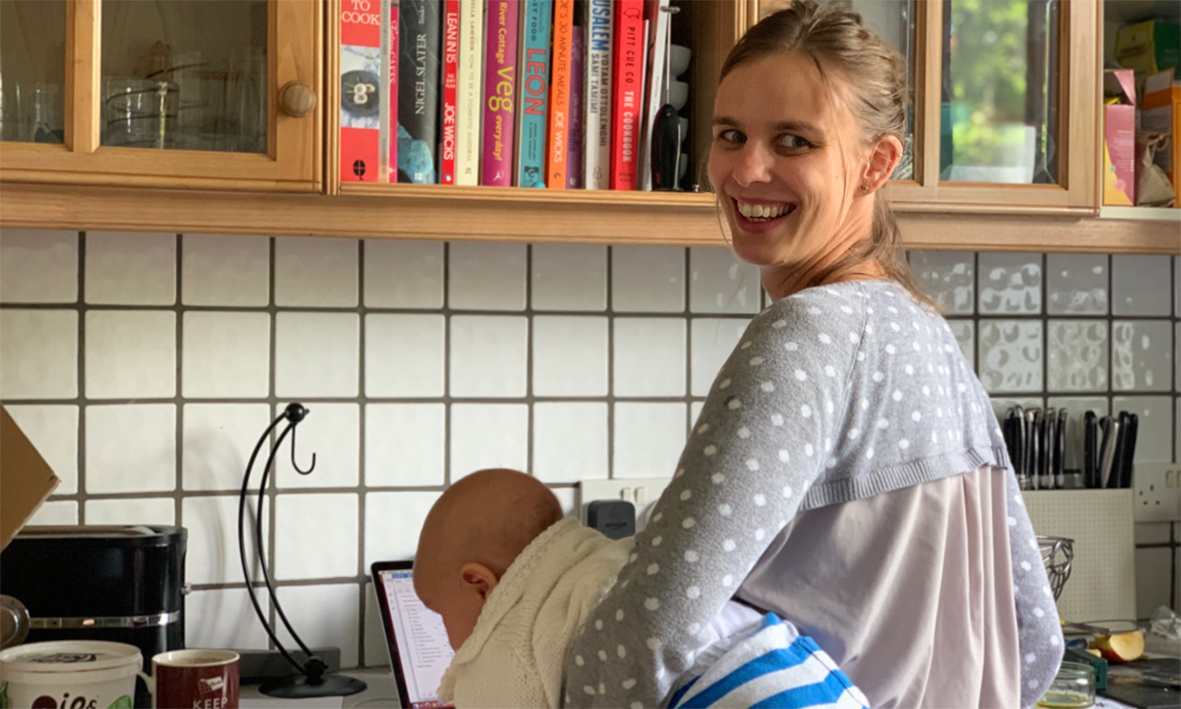
Dr Teresa Thurston shares her experience as a relatively new PI of looking after a new-born, homeschooling and keeping in touch with her lab during lockdown.
The pressure of the pandemic has been felt particularly hard by parents juggling work and childcare, often with fewer hours available for work. In some households, the burden of care work continues to fall disproportionately on women and this may be true for academia as well; journal editors have noted that early evidence suggests fewer paper submissions from women than men whilst under quarantine.
Every one of us has been hit by lockdown and many people are struggling to juggle work with kids at home. It has been more than 50 days since my family of five begun isolation. My husband came down with a fever and cough and went to bed and I picked up the kids for the last time. After telling our afterschool nanny not to come over, panic hit. I had no idea how I was going to cope. I was still recovering from delivering a 5Kg baby who was just four weeks old and now I was solely responsible for three kids and a sick husband. This was not going to be any ordinary maternity leave. (more…)

